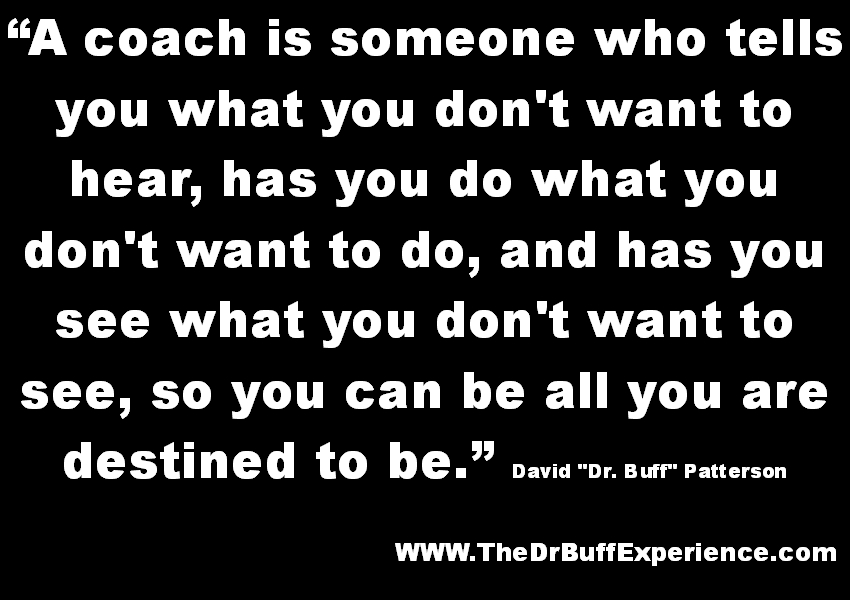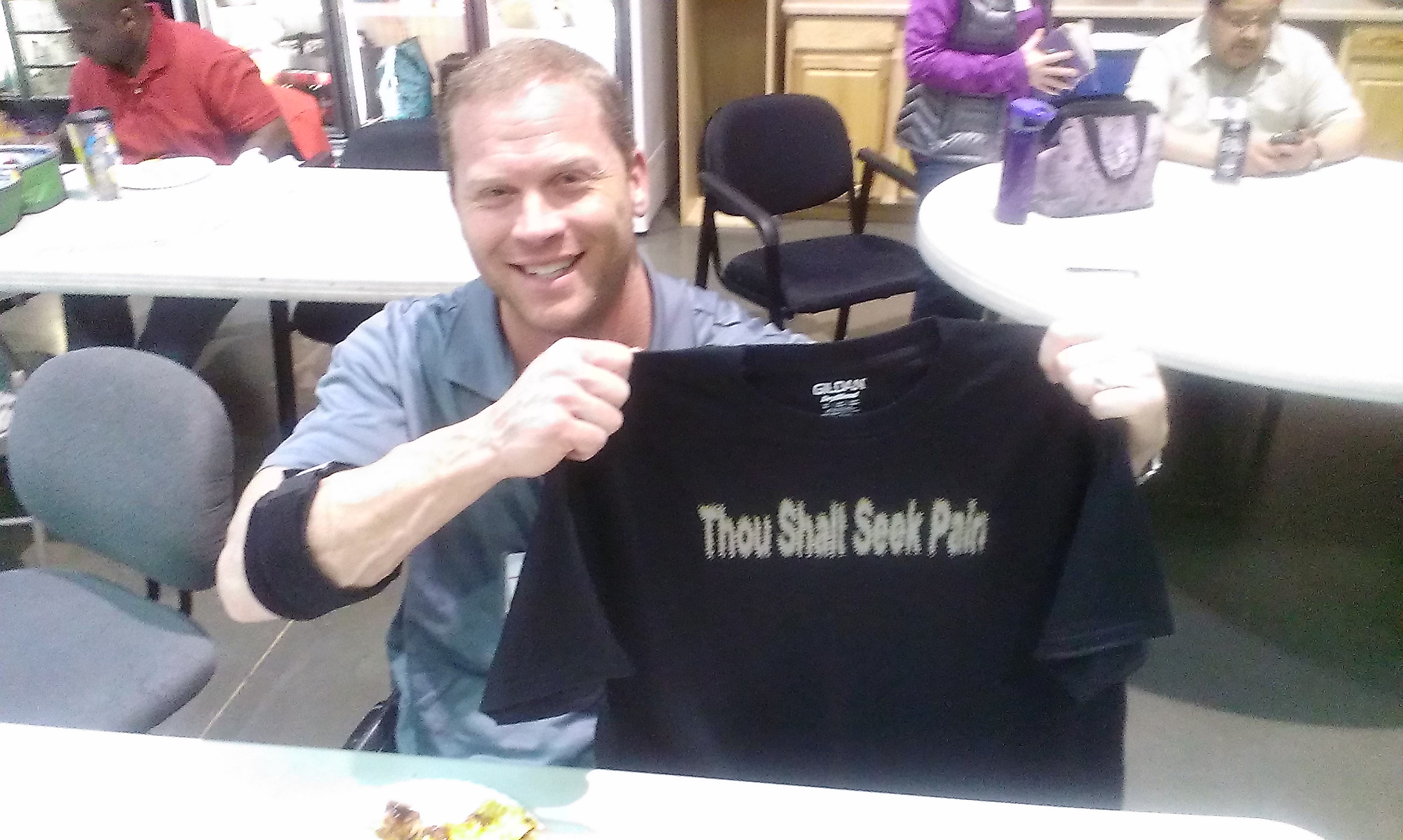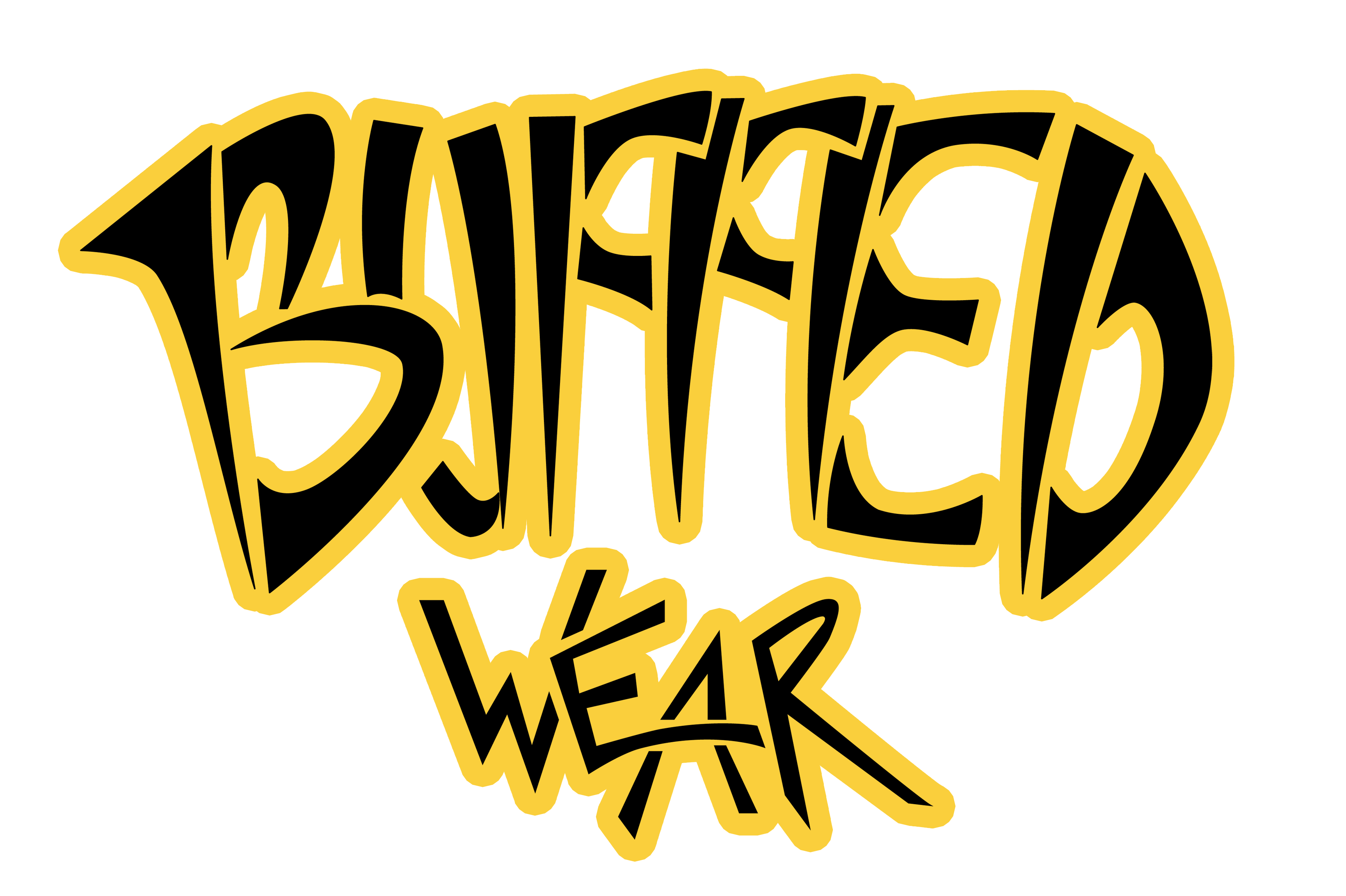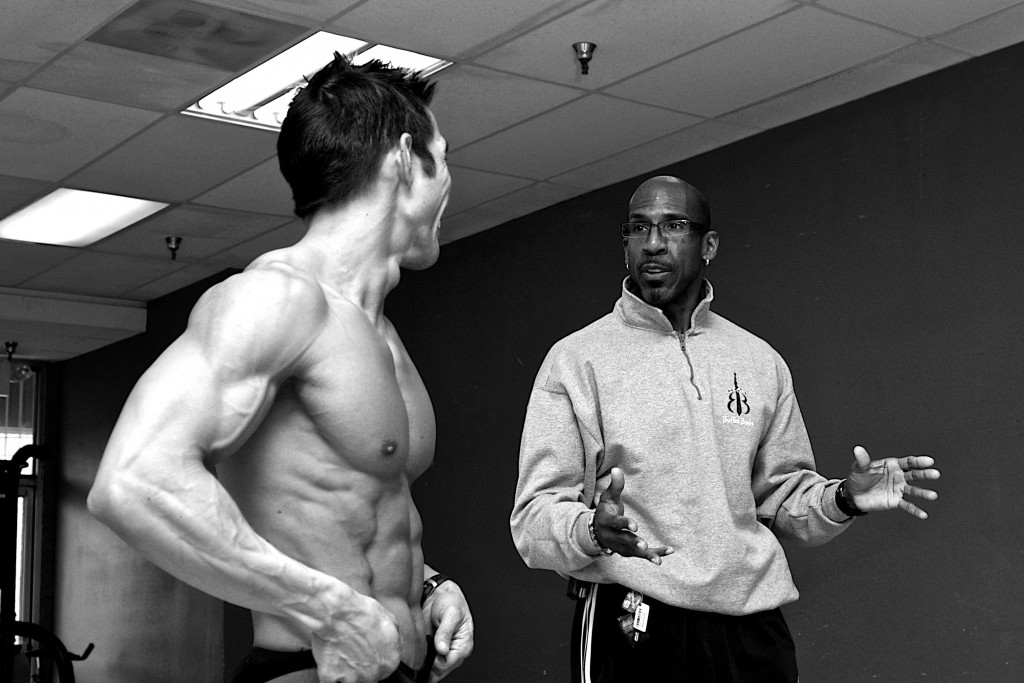 As a Competition Coach for over 30 years, I’ve seen my share of coaches, trainers, instructors, leaders, teachers, and any other names they go by. A few have been outstanding. Many were good. Some were mediocre to okay, and a few were downright dangerous. What makes a great leader, coach, or teacher? They don’t just tell you what to do. They TEACH you. They explain every step along the way not only WHAT to do, but WHY you’re doing it. Look at it this way. It’s hard to buy into or do what you don’t understand. Your coach has to figure out how to make sense of what you’re doing so you’ll more readily follow the plan. Without that, proper learning cannot take place. Without proper learning, proper execution cannot take place. Without proper execution, proper progress cannot take place. It all comes back to teaching properly.
As a Competition Coach for over 30 years, I’ve seen my share of coaches, trainers, instructors, leaders, teachers, and any other names they go by. A few have been outstanding. Many were good. Some were mediocre to okay, and a few were downright dangerous. What makes a great leader, coach, or teacher? They don’t just tell you what to do. They TEACH you. They explain every step along the way not only WHAT to do, but WHY you’re doing it. Look at it this way. It’s hard to buy into or do what you don’t understand. Your coach has to figure out how to make sense of what you’re doing so you’ll more readily follow the plan. Without that, proper learning cannot take place. Without proper learning, proper execution cannot take place. Without proper execution, proper progress cannot take place. It all comes back to teaching properly.
One of the greatest coaches of all time, John Wooden, former Basketball Coach of the UCLA Bruins, wrote a book titled, “Wooden: A Lifetime Of Observations And Reflections On And Off The Court. I’d like to share with you in today’s blog his philosophy on coaching. In my opinion, two things come to mind. One, this is how ALL coaches should think and be. Anything less is a disservice to our profession and your clients. Two, ALL competitors should seek out coaches like this and weed out the weak, uneducated ones, because they’re more dangerous than good, and will ultimately end up hurting someone. I hope you enjoy this. Because it’s so long, I’ll split it into 2 or 3 blogs. Enjoy…
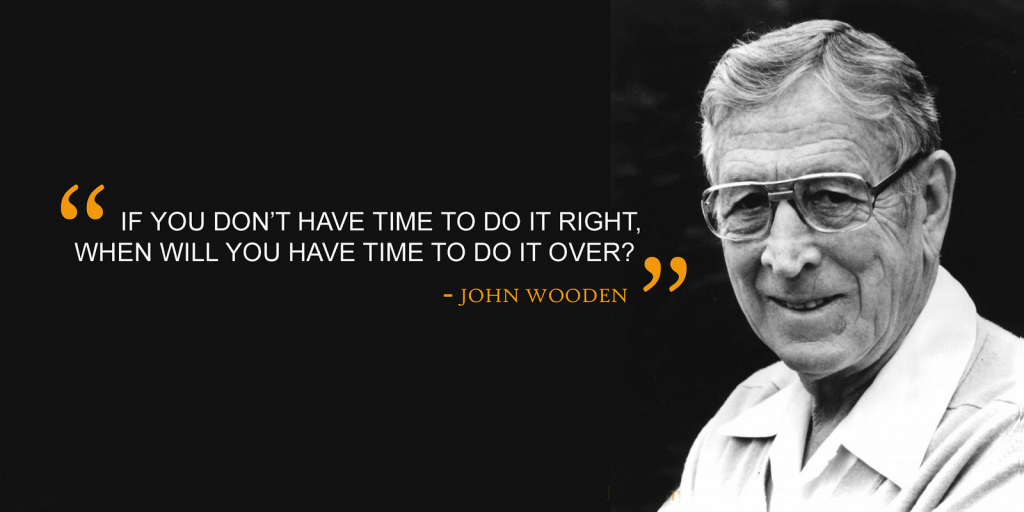 COACHING, TEACHING, LEADING by John Wooden
COACHING, TEACHING, LEADING by John Wooden
A Sacred Trust
A leader, particularly a teacher or coach, has a most powerful influence on those he or she leads, perhaps more than anyone outside of the family. Therefore, it is the obligation of that leader, teacher, or coach to treat such responsibility as a grave concern. I consider it a sacred trust: helping to mold character, instill productive principles and values, and provide a positive example to those under my supervision. Furthermore, it is a privilege to have that responsibility, opportunity, and obligation, one that should never be taken lightly.
Philosophers and Prison Guards
Mr. Webster indicates that, among other things, a philosopher is a person who meets all events, whether favorable or unfavorable, with calmness and composure. A philosopher is also one who has a love of wisdom, studies the general principles of a field of knowledge or activity, and the processes governing thought, conduct, character, morals, and behavior. I believe these same traits are inherent in a leader [or coach]. A real leader is much more than simply a person with authority. A prison guard has authority, but he or she is not a leader. A leader doesn’t need a gun to motivate individuals.
Who Can Lead?
Leadership is the ability to get individuals to work together for the common good and the best possible results while at the same time letting them know they did it themselves. Some people are automatic leaders. Some can never be leaders. But many who don’t think of themselves as leaders have the potential to become such if they understand the fundamentals of getting individuals to work together. Those fundamentals can be learned. I learned them.
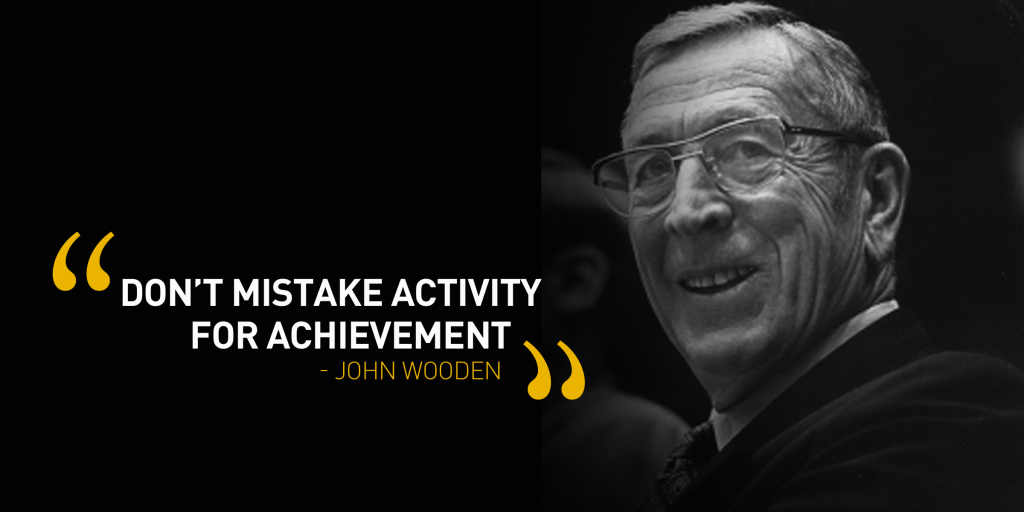 “But Coach Wooden, Times Have Changed”
“But Coach Wooden, Times Have Changed”
“There was a time when the vast majority would follow blindly, even into the shadow of death, but such is not the case now. Young people of today re far more aware, inclined to be more openly critical and more genuinely inquisitive than they used to be. So leaders must work with them somewhat differently.” I wrote the preceding observation more than a quarter of a century ago. Are people really that different today? Have times changed so much? I wonder about that.
“Why Did Wooden Win?”
There is no area of basketball in which I am a genius. None. Tactically and strategically I’m just average, and this is not offering false modesty. We won national championships while I was coaching at UCLA because I was above average in analyzing players, getting them to fill roles as part of a team, paying attention to fundamentals and details, and working well with others, both those under my supervision and those whose supervision I was under. Additionally, I enjoyed very hard work. There is nothing fancy about these qualities. They have wide application and equal effectiveness in any team [or individual] endeavor anywhere. If there is any mystery as to why UCLA won ten national championships while I was the coach, that may clear it up.
A Leader’s Difficult Task
A person in a position of leadership must make decisions. Making decisions is a tough job. Those under a leader can make suggestions. Making suggestions is an easy job. Everybody has a suggestion. Not everybody has a decision [or answer or solution]. Perhaps that’s why there are so few leaders – at least, good leaders.
End of Part 1. We’ll pick up tomorrow with more. Stay tuned…
Doc
As always, if you found this or any other blog helpful, or think that it could be of benefit to others or they may like it, please share via the social media icons. And don’t forget to subscribe to Doc’s blogs to be automatically notified via email when he posts. Thanks!



